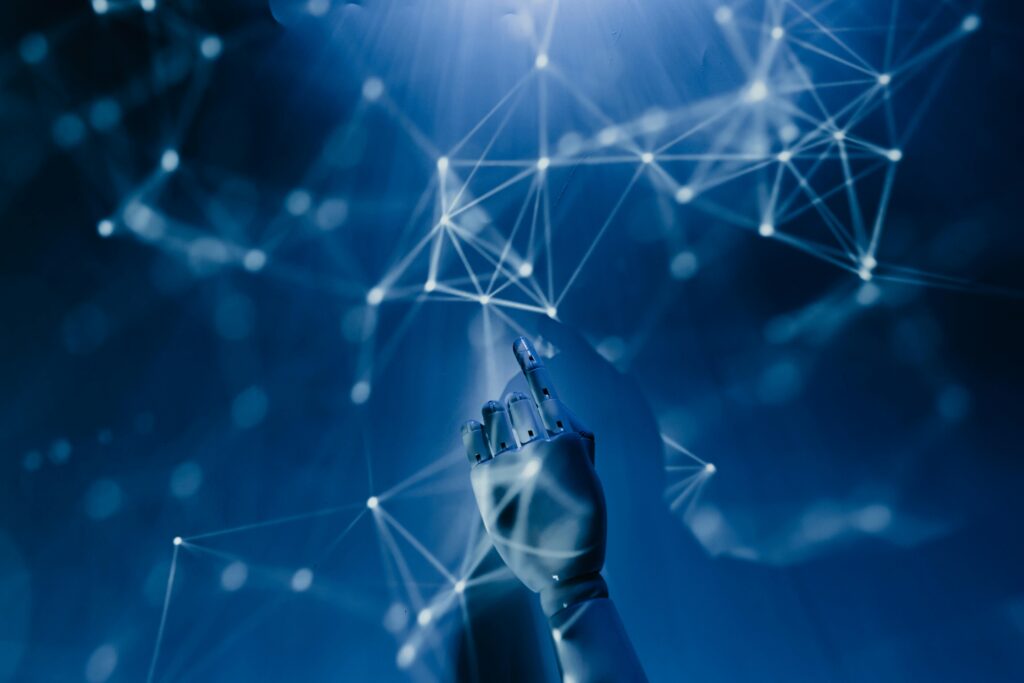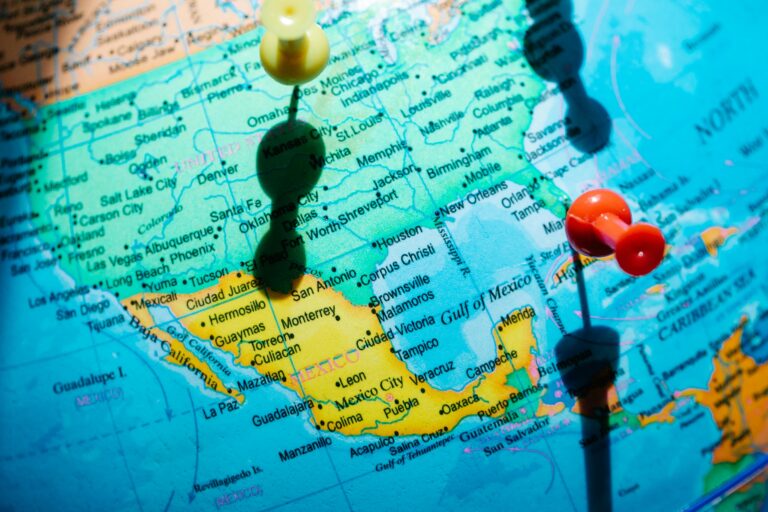
Artificial intelligence (AI) is no longer just the stuff of science fiction. It has become a transformative force shaping industries, redefining how we work, live, and interact. From automating mundane tasks to enabling groundbreaking innovations, AI is poised to revolutionize the future. Let’s explore how AI is transforming our world and what lies ahead.
Revolutionizing Industries
AI is driving efficiency and innovation across various sectors. In healthcare, AI-powered tools are improving diagnostics, enabling personalized treatments, and accelerating drug discovery. Algorithms analyze vast datasets to identify patterns, helping doctors make faster, more accurate decisions. AI is also enhancing robotic surgery, ensuring precision and reducing recovery times.
In manufacturing, AI optimizes production lines, predicts maintenance needs, and reduces waste. Smart factories equipped with AI and IoT (Internet of Things) technologies are creating more efficient supply chains and minimizing downtime. Similarly, in agriculture, AI-driven tools analyze soil health, predict crop yields, and automate tasks like planting and harvesting.
Reshaping the Workplace
AI is redefining the nature of work. Automation is handling repetitive tasks, allowing employees to focus on creative and strategic responsibilities. Chatbots and virtual assistants, powered by natural language processing, are improving customer service and reducing response times.
However, the integration of AI is also raising questions about job displacement. While some roles may be automated, new opportunities are emerging in AI development, data analysis, and AI ethics. The future workforce will need to adapt by embracing lifelong learning and acquiring skills in AI-related fields.
Enhancing Daily Life
AI is becoming a part of our everyday lives, often in ways we don’t even realize. Recommendation algorithms personalize our experiences on streaming platforms, e-commerce websites, and social media. Virtual assistants like Siri and Alexa simplify tasks by providing real-time information and managing smart home devices.
Self-driving cars, powered by AI, promise to revolutionize transportation, reducing accidents and improving traffic flow. AI-driven apps are also enhancing personal productivity, fitness tracking, and mental health support, making life more convenient and connected.
Advancing Research and Innovation
AI is accelerating innovation in fields like climate science, astronomy, and materials engineering. Machine learning models analyze massive datasets to predict climate patterns, aiding in disaster preparedness and environmental conservation. In space exploration, AI helps process data from telescopes, identify exoplanets, and plan autonomous robotic missions to distant planets.
AI is also fostering creativity. Artists, musicians, and writers are using AI tools to generate new works, blending human ingenuity with computational power. The rise of AI-generated content is reshaping how we think about creativity and originality.
Ethical and Social Implications
As AI becomes more pervasive, ethical concerns are gaining prominence. Issues like data privacy, algorithmic bias, and the potential misuse of AI technologies require careful consideration. Policymakers, businesses, and researchers must collaborate to establish guidelines that ensure AI is used responsibly and equitably.
The societal impact of AI is equally profound. Questions about surveillance, decision-making transparency, and the digital divide need to be addressed to ensure that AI benefits everyone, not just a select few.
What’s Next for AI?
The future of AI is boundless. Breakthroughs in quantum computing could supercharge AI capabilities, solving problems previously considered unsolvable. AI-human collaboration will likely grow, with AI tools acting as partners in creativity, decision-making, and problem-solving.
As AI evolves, it’s vital to focus on creating a future where this technology enhances human potential while addressing its challenges. With thoughtful planning and ethical implementation, AI can truly transform our world for the better.
Artificial intelligence is a transformative force reshaping industries, workplaces, and daily life. Its potential to drive innovation, improve efficiency, and enhance our quality of life is unparalleled. However, realizing the full benefits of AI requires balancing technological advancement with ethical considerations. As we look ahead, the future of AI is both exciting and filled with possibilities—ushering in a new era of human achievement and technological progress.




